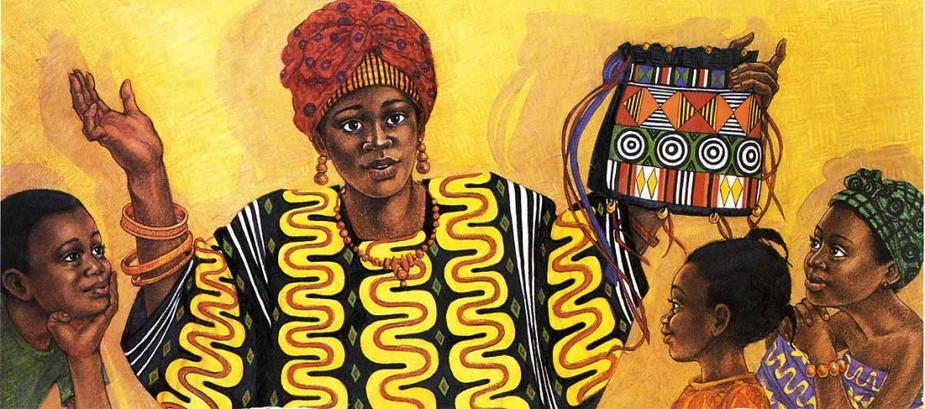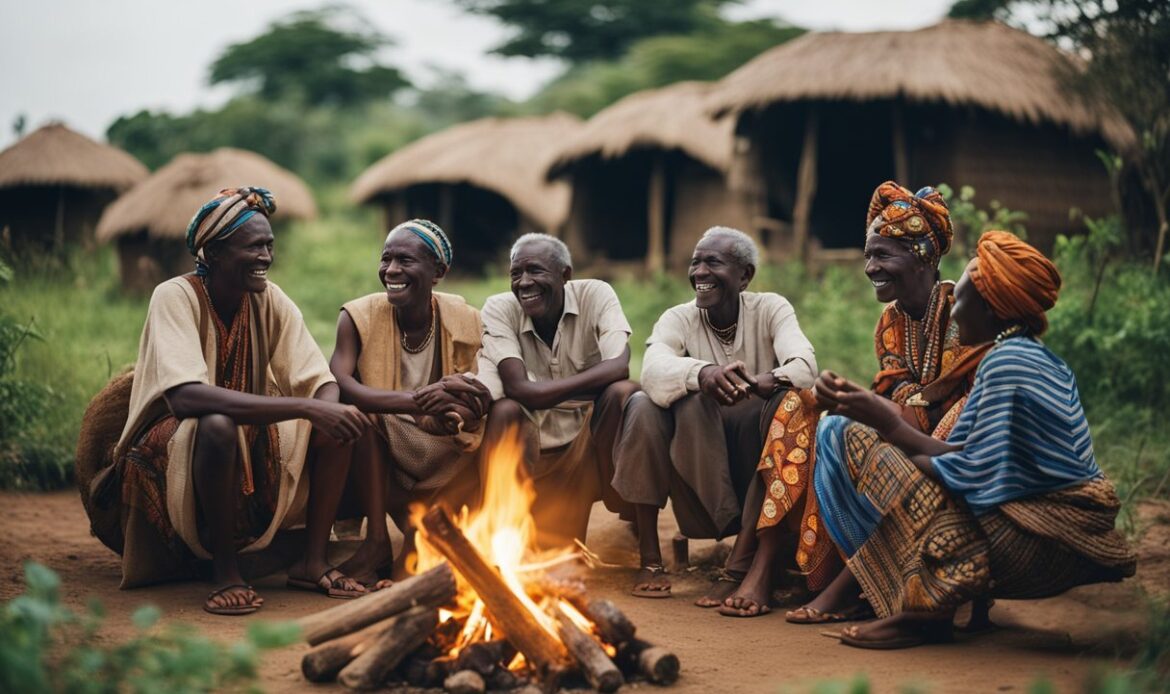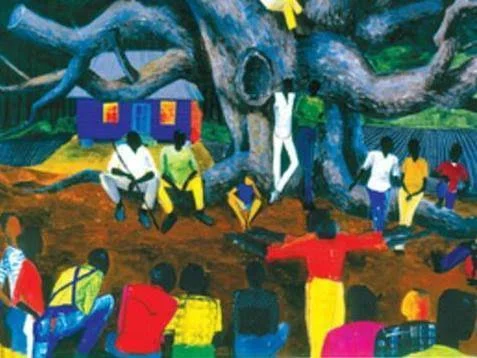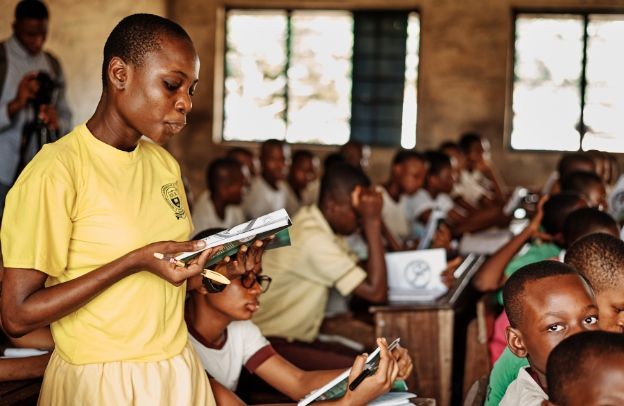
Storytelling has always been central to African cultures. It preserves history, imparts wisdom, and strengthens community bonds. For generations, African societies have used stories to pass down traditions, values, and beliefs from one generation to the next.
These stories, often delivered through oral narratives, songs, and performances, are not just a form of entertainment but fundamental to many African communities’ cultural identity and social cohesion. Let’s delve into the multifaceted role of storytelling in African cultures and understand its enduring significance.
1. Preserving History and Heritage

In many African cultures, storytelling is a primary method of recording and preserving history. Before the advent of written language, oral traditions were the sole means of documenting events, genealogies, and cultural milestones. Griots, or traditional storytellers, play a crucial role in memorizing and recounting historical narratives that span generations.
These stories provide a rich tapestry of the past, offering insights into different communities’ origins, struggles, and achievements. By preserving history through storytelling, African cultures maintain a continuous link to their heritage, ensuring that the ancestors’ wisdom is not lost.
2. Imparting Moral and Ethical Values
In African cultures, it is often used as a tool for moral and ethical education. Folktales and parables featuring animals, spirits, and mythical beings are employed to teach lessons about right and wrong, bravery, honesty, and other virtues. These stories are imbued with symbolic meanings and are designed to guide behavior and instill communal values.
For example, the Anansi stories from West Africa, which revolve around a clever spider, are renowned for their moral lessons about ingenuity, perseverance, and the consequences of deceit. Through these narratives, children and adults alike learn important life lessons engagingly and memorably.
3. Strengthening Social Bonds
Storytelling fosters a sense of community and belonging. In many African societies, storytelling sessions are communal events, bringing people together to share in the collective listening and learning experience. These gatherings often take place around a fire, under a tree, or in a communal space, creating an intimate setting where individuals can connect.
Preserving Languages and Oral Traditions

The practice of storytelling is instrumental in preserving languages and oral traditions. Many African languages, especially those that are not widely written, rely on oral transmission to survive. Storytelling ensures that these languages remain vibrant and continue being used daily. By passing down stories in their native tongues, storytellers help to keep languages alive, fostering linguistic diversity and cultural richness.
Additionally, storytelling preserves the nuances of oral traditions, such as intonation, rhythm, and performance styles, maintaining the cultural authenticity and artistic heritage of different communities.
5. Providing Psychological and Emotional Relief
Storytelling also serves a therapeutic function, offering psychological and emotional relief. In African cultures, stories can be used to address social issues, personal conflicts, and emotional distress. By narrating tales that reflect their own experiences, individuals can find solace, understanding, and catharsis.
Storytelling provides a safe space for expressing emotions and exploring solutions to problems, helping individuals to cope with challenges and build resilience. The communal aspect of storytelling also fosters empathy and support, as listeners can relate to and learn from the experiences shared in the stories.
Read: The Importance of Oji (Kola Nut) in the Igbo Culture
6. Encouraging Creativity and Imagination

The art of storytelling encourages creativity and imagination. African stories are rich in vivid imagery, fantastical elements, and imaginative plots that captivate the audience’s mind. This creative process not only entertains but also stimulates individuals’ intellectual and artistic development.
Children, in particular, benefit from it as it enhances their cognitive abilities, linguistic skills, and creative thinking. Through storytelling, individuals are inspired to create their own narratives, fostering a culture of creativity and innovation that transcends generations.
Storytelling is an integral aspect of African cultures, playing a vital role in preserving history, imparting moral values, strengthening social bonds, and promoting linguistic and cultural diversity. Its therapeutic benefits and ability to foster creativity further underscore its importance in the lives of African people. As a dynamic and evolving tradition, storytelling continues to adapt to modern contexts while retaining its core functions.
By honoring and perpetuating the art of storytelling, African cultures ensure that their rich heritage and collective wisdom are passed down, celebrated, and preserved for future generations.
